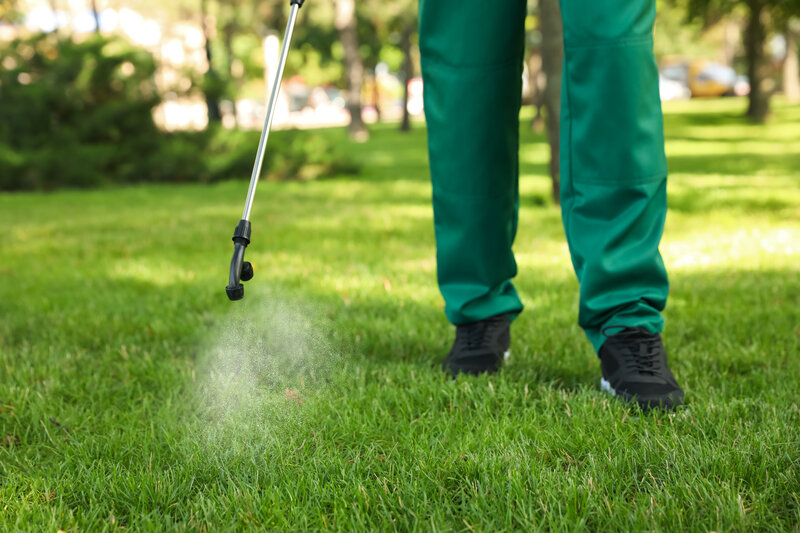Broward’s humid and subtropical climate is ideal for growing pests and insects. The year-round warmth with mild rainfall prepares the grounds for the pests to multiply and invade households. Climate change can severely impact pest infestation, and preventive measures should be taken for pest control in Broward.
Warm Temperature
Florida’s warm environment is exemplary for the growth of microbes and often contributes to the hospitality for pest infestation. Summer is also considered a good time for pollination, and thereby, stinging insects like bees and wasps prepare their nests near gardens or lawns.
Pests are usually cold-blooded, so their metabolism is stimulated in warm weather. The average temperature of Broward is never below 60 degrees Fahrenheit, so the pests remain active all year round.
The external environment becomes favorable, helping insects to mate and multiply. They invade the house, seeking shelter and food. They also seek a comfortable and safe space for multiplication and growth.
Pest activity significantly increases in Broward, where the warm climate is most evident. Pests spread to new areas inside and outside homes that were previously too cold to survive.
Humidity and Rainfall
Broward is famous for its monsoon season and high environmental moisture content, attracting pests like termites, mosquitoes, and cockroaches.
Some pests seek humidity, so they try to get indoors to find more moisture for survival. On the other hand, some pests find their way inside homes in search of dry conditions.
Climatic changes can give rise to frequent and intense storms, which result in rainfall. It is ideal for preparing the breeding state for the pests, and they can find a wet environment for laying their eggs. Moisture enhances pest activity, and hence, the changes of their invasion become more dominant.
Pest Control Needs for Climatic Changes
Most of the pests found in Florida can survive almost all seasons. Their life cycles and annual habits make them a threat to humans. Pests damage property and cause serious ailments to the residents and pests of a household.
Each season in Florida brings its own set of unwanted critters, making it necessary to create, plan, and execute year-round strategies for pest control. Proper pest control plans are mandatory to protect a home’s structural integrity and sanitation.
Homeowners should check the moisture content of the surroundings, repair any leaky pipes, and clean gutters regularly. Any source of stagnant water must be discarded. Dehumidifiers can be used for areas not regularly cleaned and dried.
Regular trimming of bushes and plucking of unwanted shrubs should be done. Minor cracks, gaps, or holes in the property’s walls, windows, and doors must be sealed to prevent the entry of rodents and other insects.
In addition, good sanitation in and around the house is crucial. Attics and basements should be regularly cleaned, and garbage should be covered and discarded routinely.
Pests are attracted to food and water sources, so keeping the home clean is one of the best ways to prevent infestations. Homeowners should periodically sweep and mop floors, wipe down countertops, and store food in airtight containers.
Broward County residents should incorporate pest control activities throughout the year. A licensed professional can conduct pest control procedures inside and outside a home. They are experts in addressing climatic changes and can combat the severity of existing infestations.
Broward County has hot and wet summers, tropical monsoons, and drier winters. These conditions are ideal for pests to thrive, and effective pest control methods should be incorporated to terminate their flourishing. Therefore, it is vital to be proactive with regular pest inspections, address moisture issues, seal entry points, and practice good sanitation practices.
Keep an eye for more latest news & updates on Next Home!
